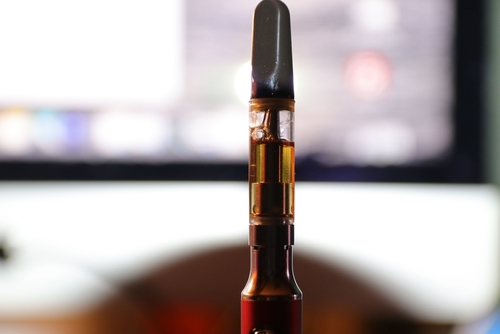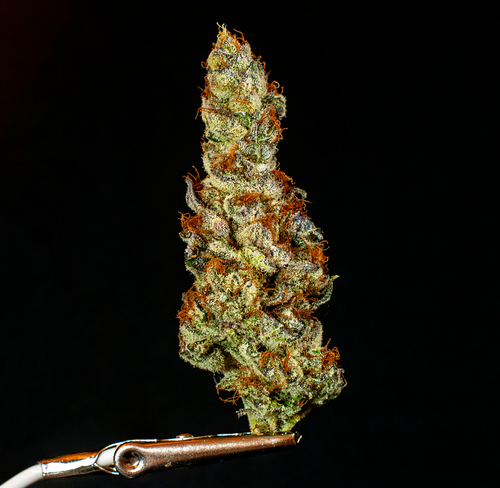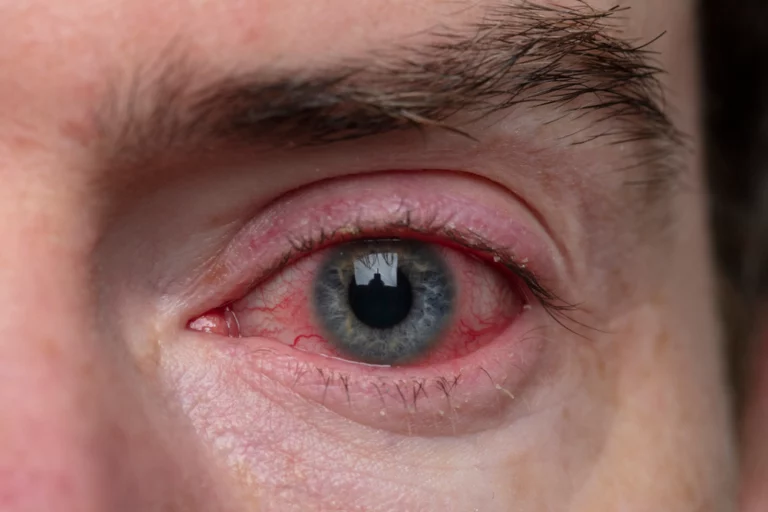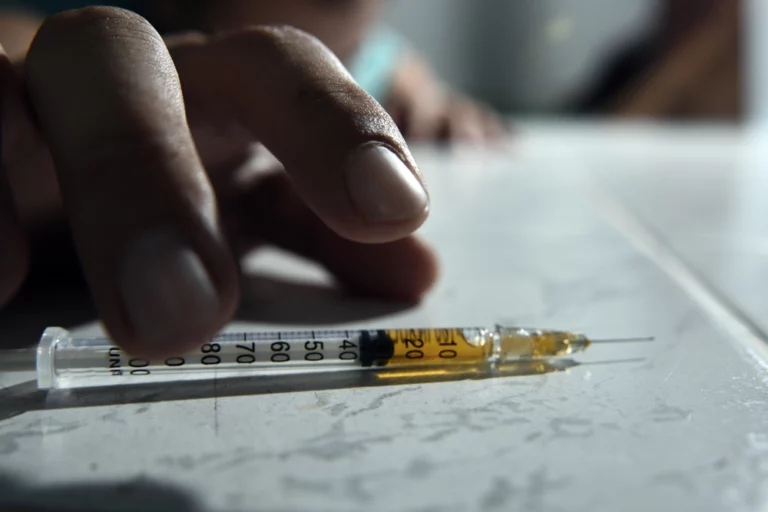Is Delta 8 Withdrawal The Same As Regular Marijuana?
If you want to know if delta-8 withdrawal is the same as regular marijuana withdrawal, you’re in the right place. This short article discusses the difference between delta-8 and delta-9 THC, including their withdrawal symptoms, the potential for addiction, and more.
Delta-8 THC is not as potent as regular marijuana, but users can still experience similar withdrawal symptoms if they try to quit after extended use.
What Is Delta-8 THC?
Delta-8, or Delta-8-tetrahydrocannabinol, is a derivative of Delta-9 THC, the main psychoactive component of cannabis. Although it bears similarities and can be found in small quantities within cannabis, Delta-8 is usually artificially produced and believed to be less potent due to its lower concentrations of cannabinoids. This has led to terms like “diet weed” or “marijuana-lite” being used to describe the substance, as it provides a milder high to users. However, it is important to recognize that Delta-8 has hidden complexities, particularly concerning its potential for misuse.
Delta-8 THC is available in various forms, including vape cartridges, edibles (such as gummies or chocolates), tinctures, capsules, and concentrates. These products are often marketed as legal or “safe” alternatives to delta-9 THC or as a milder option with similar effects. The packaging and labeling of delta-8 THC products can be designed to attract consumers, particularly with colorful designs, appealing flavors, and enticing product names. Some marketing claims may focus on the potential benefits of delta-8 THC, such as relaxation, euphoria, or relief from certain symptoms, although these claims have not been evaluated or approved by the FDA.

What Is Delta-9 THC?
Delta-9 THC is the main psychoactive competent of regular cannabis. It has the same chemical formula as Delta-8 (C₂₁H₃₀O₂), except one of the carbon-carbon double bonds is in a different position. Delta-9 THC interacts with the cannabinoid receptors in the brain and nervous system, causing feelings of relaxation, altered perception of time and space, increased appetite, and mood changes.
Read more: Can You Overdose on Edibles?
Delta-8 Vs. Delta-9 Withdrawal Symptoms
When comparing the withdrawal symptoms of delta-8 and delta-9, delta-9 THC is generally reported to produce more intense and severe effects.
- Delta-9 THC withdrawal symptoms commonly include increased irritability, depression, and strong cravings for cannabis. Physical symptoms such as headaches, nausea, and gastrointestinal discomfort may also be experienced.
- On the other hand, delta-8 THC withdrawal symptoms are typically described as milder and less severe. Users may still experience mood disturbances and appetite changes, but the intensity of these symptoms is often reported as lower compared to delta-9 THC.
Read more: Depersonalization From Weed: 10 Tips to Recover

How Common Is Cannabis Withdrawal?
Cannabinoids play a significant role in the development of cannabis withdrawal symptoms. Smoking marijuana a few times will probably not be enough to induce withdrawal symptoms. But, studies have reported that 47% of users who regularly consume cannabis experience withdrawal symptoms.
Your body actually produces its own cannabinoids through the endocannabinoid system (ECS). This system involves cannabinoid receptors, endocannabinoids, and enzymes. Endocannabinoids, such as anandamide and 2-AG, are created when the body needs them. They attach to cannabinoid receptors and carry out their functions. After their job is done, enzymes break down these endocannabinoids.
However, by binding to receptors in the brain and body, THC gradually reduces the body’s capacity to produce its natural cannabinoids. As a result, individuals become reliant on cannabis for normal physiological function.
Can You Become Addicted To Delta-8?
Although delta-8 THC may be less potent than delta-9 THC, it still possesses psychoactive properties that can contribute to habit formation. Regular and frequent use of delta-8 THC can lead to psychological dependence, where individuals may strongly desire to use the substance to achieve certain effects or alleviate discomfort.
This prompted the FDA to release a warning about delta-8 THC products due to safety concerns and potential risks to public health. Adverse event reports have indicated cases of harm associated with these products, including symptoms like hallucinations, vomiting, and confusion. Delta-8 THC has psychoactive effects similar to delta-9 THC, and the production of these products may involve using potentially harmful and unregulated chemicals. It is important to keep delta-8 THC products out of the reach of children and pets, as they may be appealing and pose risks if accidentally consumed.
The availability of delta-8 THC products poses potential risks for addiction among young adults. The appealing marketing, wide range of product options, and easy accessibility can make Delta-8 enticing to this demographic. Young adults who experiment with delta-8 THC may also find themselves at an increased risk of developing a habit-forming relationship with other addictive substances.

Contact Louisville Recovery Center
If you or a loved one is struggling with an addiction to Delta-8, contact Louisville Recovery Center. Our treatment center has all the tools and healing modalities needed for individuals to overcome a Delta-8 THC addiction, including experiential therapy, PHP, and aftercare programs. Don’t wait for a habit to become an addiction. Call today, and one of our compassionate admissions agents can help you get started.







